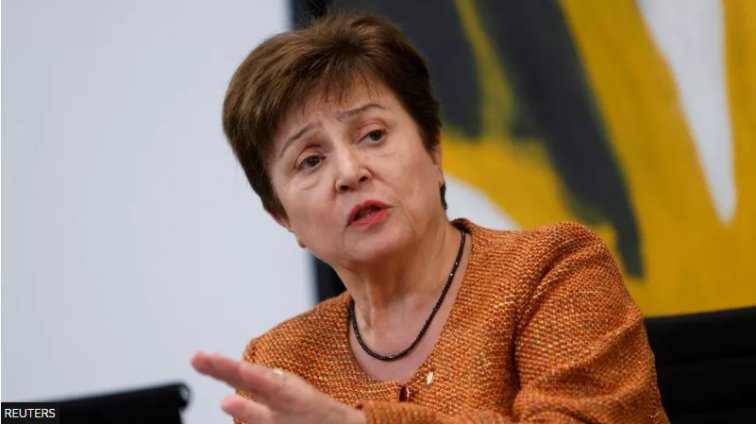The International Monetary Fund has indicated that its policy advice to member countries including Ghana and surveillance have become increasingly transparent.
According to the Fund, 98% of member countries published a statement providing the IMF Executive Board’s assessment of the member’s macroeconomic and financial situation in 2020, and 95% of members published the IMF country report.
In the same year, 98% of member countries including Ghana that used IMF financial resources published the reports, and 97% published additional documents, such as a country’s letter of intent and memoranda of economic and financial policies. About 93% published their technical memoranda of understanding.
In a document titled “Transparency at the IMF’, the Bretton Wood institution said its approach to transparency is to disclose information in a timely way unless there are strong, specific reasons against such disclosure.
“By being open and clear about its policies and the advice it provides to member countries, the IMF contributes to a better understanding of the organization and makes it easier to hold it accountable”.
“Transparency by IMF member countries helps their economies function better and makes them less vulnerable to crises. By being open, member countries encourage public discussion and examination of policies, enhance accountability and credibility, and contribute to efficient and orderly functioning of global financial markets”, it added.
Transparency of reviews and evaluations of the IMF
The IMF said its staff regularly reviews policies and procedures to improve the IMF’s effectiveness.
It explained that recent reviews include the role of trade in the IMF’s work, how to improve IMF policy advice, the effectiveness of the Financial Sector Assessment Program (FSAP), and evenhandedness of IMF advice.
Again, it said an Independent Evaluation Office (IEO) evaluates IMF policies and operations, working independently of IMF management and at arm's length from the IMF's Executive Board.
Transparency of IMF’s communications
The IMF said it maintained various channels of communication with the public about its work. It continuously publishes reports, policy analyses, country data, financial information, and Executive Board decisions on its website.
These, it indicated, are explained to the public through various digital formats including blogs, podcasts and videos.
Through social media, the IMF added, it communicates key aspects of its operations and decision-making process.
Latest Stories
-
Joy FM Prayer Summit for Peace ends in electrifying worship and prayer
49 mins -
The Conscience of Leadership: A call to President Akufo-Addo on Ghana’s environmental devastation
1 hour -
Ghanaian youth unaware of their right to hold politicians accountable – Youth Bridge Foundation
2 hours -
Judge delays Trump sentencing for a third time
2 hours -
2024 WAFCON: Ghana drawn against defending champions South Africa in Group C
3 hours -
Photos from DW-JoyNews street debate on ‘galamsey’
4 hours -
Mimmy Yeboah: Blending heritage with global sophistication, confidence redefined through couture
4 hours -
100 Most Influential People Awards 2024: Brain Hill International School’s Director Mary Anane Awuku honoured
4 hours -
Akufo-Addo commissions 97-km Tema-Mpakadan railway line
4 hours -
Majority requests recall of Parliament
5 hours -
Kanzlsperger and Professor Quartey support WAFA with medical Donation
5 hours -
Gideon Boako donates 10 industrial sewing machines to Yamfo Technical Institute
5 hours -
‘Golden Boy’ Abdul Karim Razak honored at WAFU-B general assembly
5 hours -
Buipewura Jinapor secures Vice Presidential position in National House of Chiefs with record votes
5 hours -
2024 election: I want results to come out like ‘milk and honey’ – Toobu
5 hours

